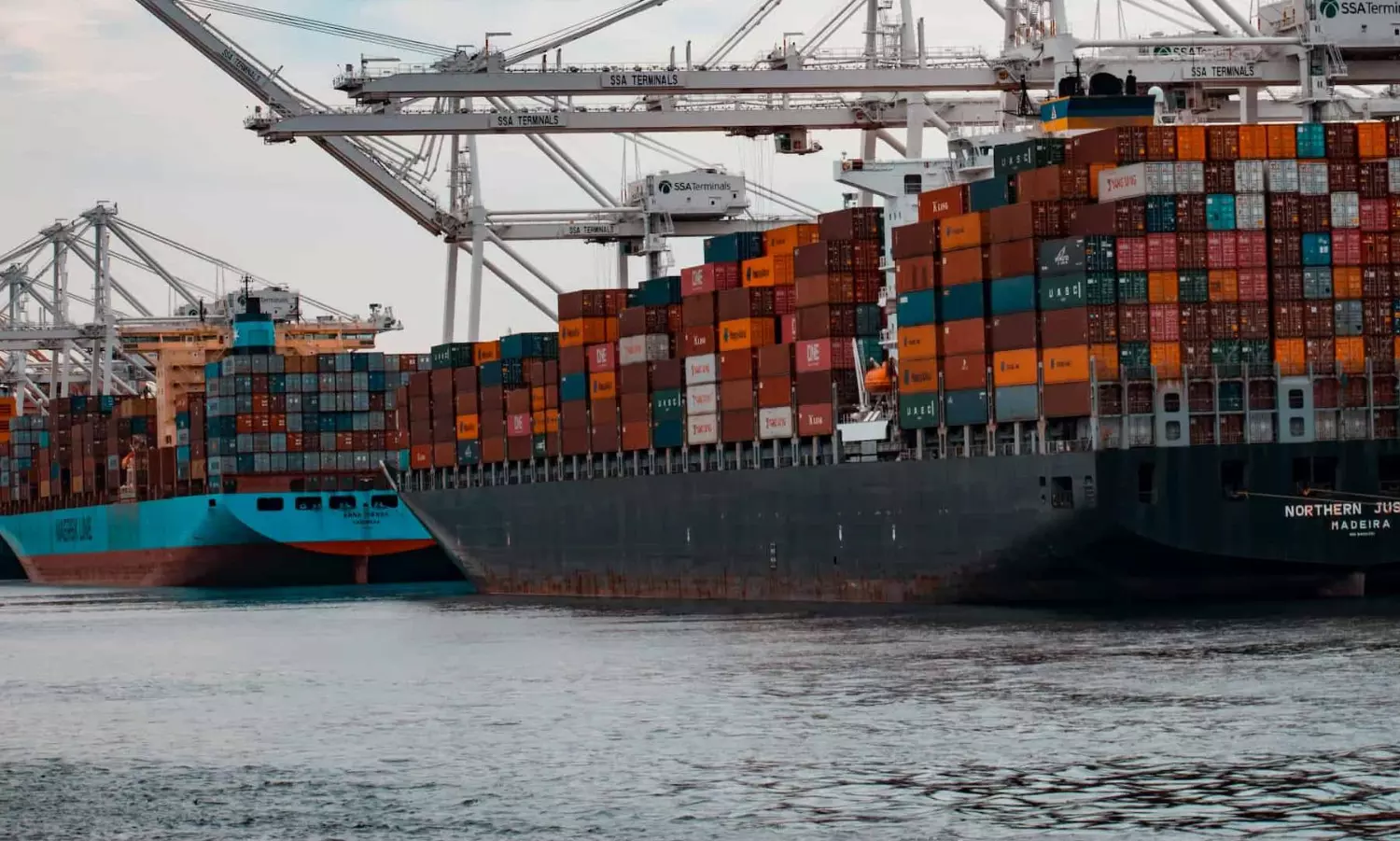Red Sea diversions worry 60% SMB importers: Freightos
About 48% expect to increase shipments in weeks ahead of Lunar New Year, suggesting re-stocking has already begun

Photo by Andy Li on Unsplash
As many as 60 percent of over 200 SMB importers surveyed by Freightos are worried that diversions away from the Red Sea will impact their logistics operations or costs.
New emissions rules or last-minute blanked sailings causing delays are also on shippers’ minds, the report added.
"Looking to 2024, 46 percent expect demand to stabilise relative to 2023 and 41 percent expect it to improve. About half (48 percent) expect to increase shipments in the coming weeks ahead of Lunar New Year, suggesting that re-stocking has already begun for many."
Operations, freight costs improve in 2023
Most (70 percent) importers said logistics operations have at least returned to normal compared to the pandemic years with 40 percent saying freight operations and costs are better compared to before the pandemic.
"As logistics costs decreased in 2023, more importers (35 percent) have lowered their product prices compared to 26 percent in May, suggesting easing freight costs are one component to declining inflation rates.
"Most shippers (60 percent) saw demand decrease in 2023 compared to 2022 with most of these (70 percent) attributing the dip to still-high inflation and some (36 percent each) to higher interest rates and shifts back to services or different types of goods.
Elusive stability?
"Global freight is, by nature, volatile," says Judah Levine, Head of Research, Freightos. "It has been hammered by a broad range of events including shipping bankruptcies (2016), trade tariffs (2019), the pandemic, the Suez Canal blockage in 2021, and geopolitical tensions like the Ukraine-Russia War. While challenging, this points to the persistently dynamic nature of global freight. While many are the result of secular trends, ongoing vigilance and monitoring may help assuage some of the more dramatic impacts of these swings."


